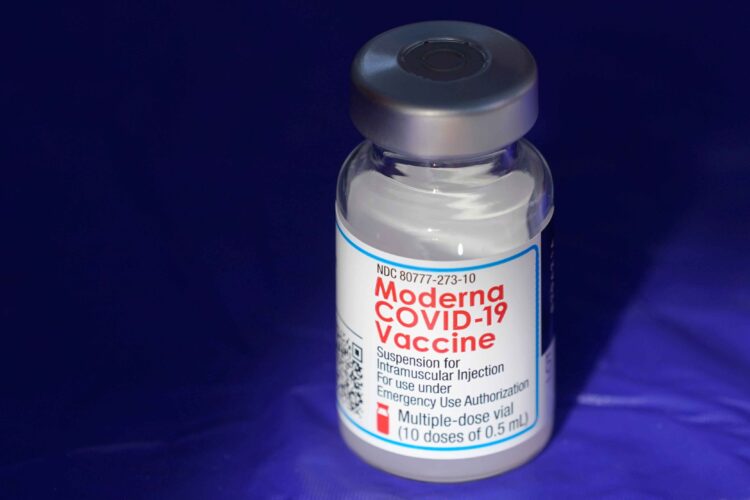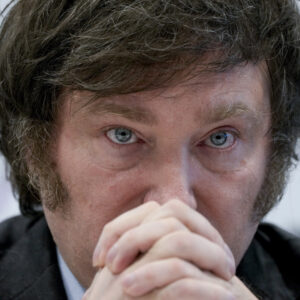U.S. biopharmaceutical company Moderna (MRNA) announced it would scale back the manufacturing of its COVID-19 vaccine after lower post-pandemic demand.
Moderna is in talks with its partners that fill vials and syringes with its messenger RNA-based COVID vaccines globally to downsize production, Moderna President Stephen Hoge said in an interview.
“Over the past couple of years, we’ve been in pandemic mode producing a billion doses a year,” Hoge said. “We’ve been waiting for the moment when the pandemic was officially behind us that we would need to restructure that manufacturing footprint.”
Learn the benefits of becoming a Valuetainment Member and subscribe today!
Moderna have read the room. People don’t want it. 👍 pic.twitter.com/vjdeaGidMe
— Bohemian Atmosphere (@BohemianAtmosp1) September 13, 2023
Back in August, Moderna predicted that vaccine demand would reach between 50-100 million doses in the fall season. Close to 154 million COVID shots were administered in the United States in 2022, according to the Centers for Disease Control and Prevention.
On Wednesday, Moderna also claimed its flu vaccine had generated a stronger immune response against all four A and B strains of the virus compared to traditional flu shots in a late-stage trial, sending shares up about seven percent in premarket trading. The company also claimed its vaccine shot was of equal or more effective than Sofi’s high-dose flu vaccine in a separate comparative study, early on.
According to a previous statement however, there was not enough available data to determine whether the flu vaccine was successful after it failed to meet the “early success” criteria in the study.
Moderna maintains COVID vaccine supply deals with countries including Britain, Canada and Japan, but have yet to reach an agreement with the EU, according to Hoge, who announced that COVID was the central focus of Moderna’s manufacturing agreement with China.
Although Moderna is urgently working on downsizing COVID manufacturing, the company is in talks with third-party manufacturers to dip into the upcoming respiratory syncytial virus (RSV) and influenza vaccines.
“These are relationships that we will need for decades to come,” Hoge said.


















Add comment